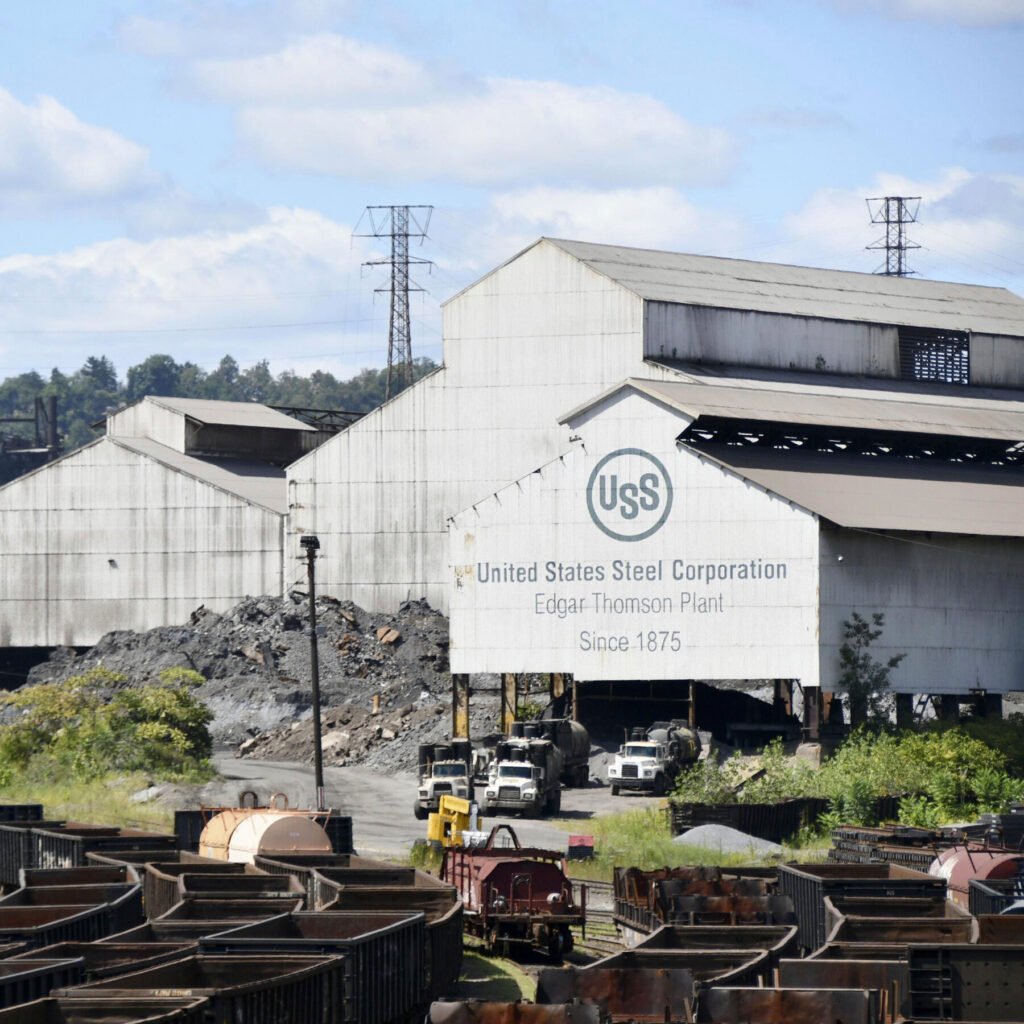The leader stated that he was making a “protect regional security” decision regarding the destiny of the renowned Pennsylvania-based business, which turned out to be a contentious social issue in an election year. In a Friday news, President Biden claimed that the purchase posed a threat to national security and that he had backed Nippon Steel of Japan’s$ 14 billion acquisition of U.S. Steel. Executive strength was made in an unusual way, especially for a leader who is only weeks away from leaving office. It is also a departure from America’s long-established society of empty purchase, one that could have wide-ranging repercussions for the U. S. business. Mr. Biden emphasized that he was acting in a way that protected national security, despite the clear political implications of the shift. In a statement released on Friday morning, Mr. Biden said,” It is my solemn responsibility as president to ensure that America has a strong domestically owned and operated steel industry that can continue to support our national sources of strength at home and abroad.” Mr.” And it is a realization of that responsibility to prevent foreign ownership of this essential American company.” The decision by Biden to halt the deal might make foreign investors reconsider the wisdom of buying American businesses in politically sensitive industries that are based in socially significant states. It might also deteriorate ties with Japan, one of America’s biggest sources of international funding and a close ally of the United States. According to letters sent to the businesses and the White House last month, the government’s decision to stop the deal came after a national council reviewing the deal decided against making a proper advice about whether the takeover may be allowed to continue. The Committee of Foreign Investment in the United States, which includes the agencies of Treasury and Justice, wrote to the companies next month with doubts about the offer. Concerned that the transaction might result in a decline in American steel production, CFIUS ( pronounced SIFF-ee-yuhs ) raised concerns. The authorities suggested that Nippon’s various global business priorities might exceed its commitments to invest in U.S. Steel in the future. We are having difficulty locating the article’s source. Please make Script available in your browser’s options. Thank you for your patience as we verify exposure. If you are in Audience mode please leave and log into your Times accounts, or listen for all of The Times. Thank you for your patience as we verify exposure. Now a subscription? Register in. Want all of The Times? Subscribe.
Biden Blocks Invasion Bid of U. S. Steel by Japan’s Nippon

